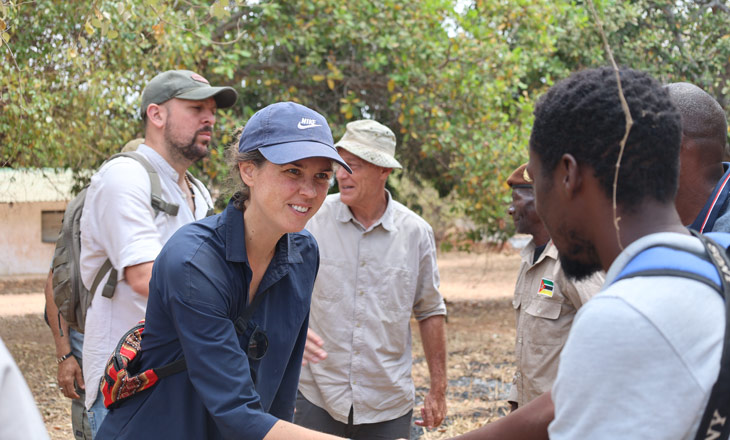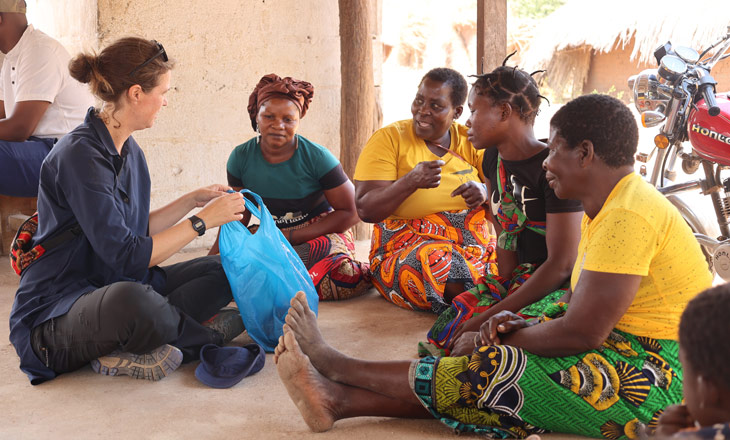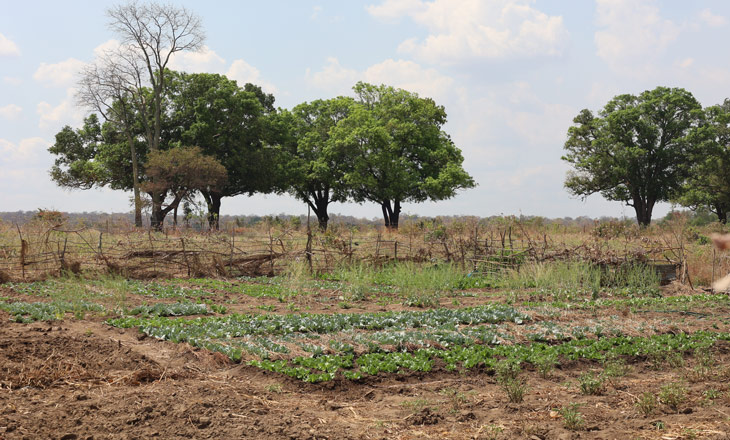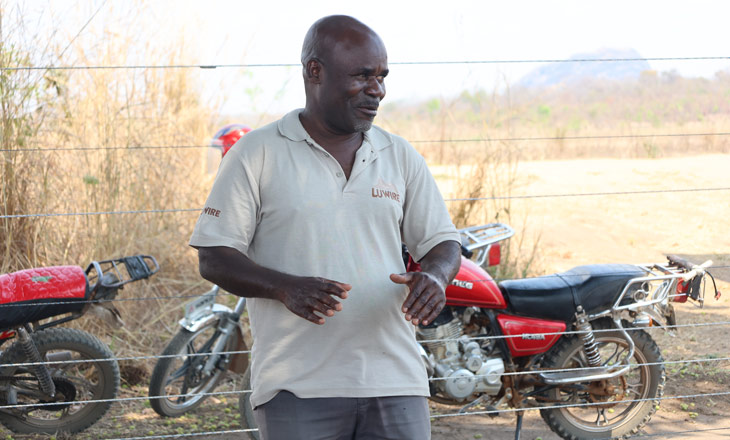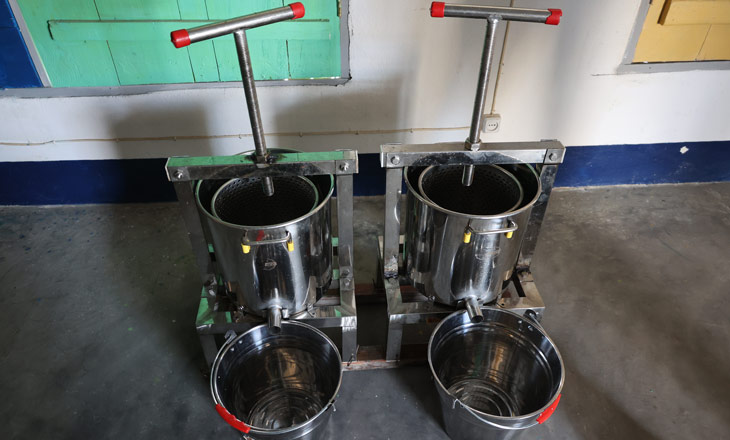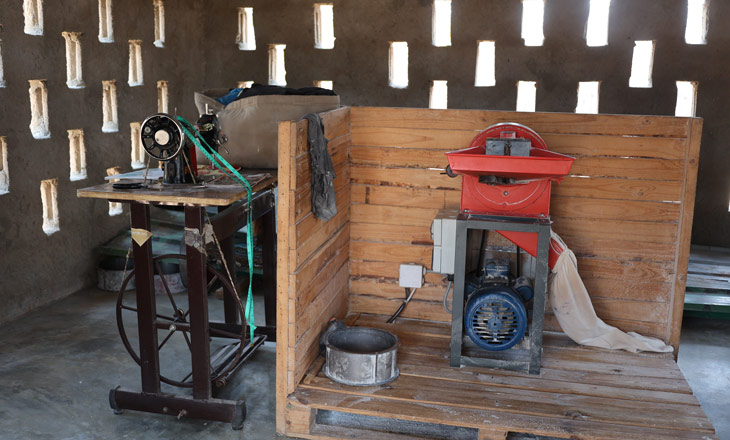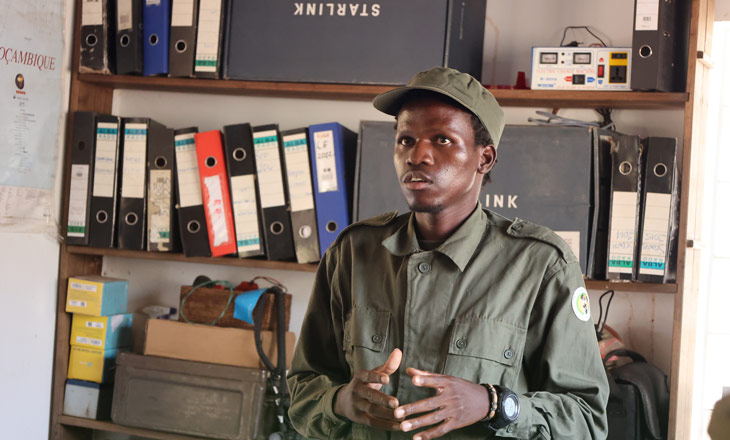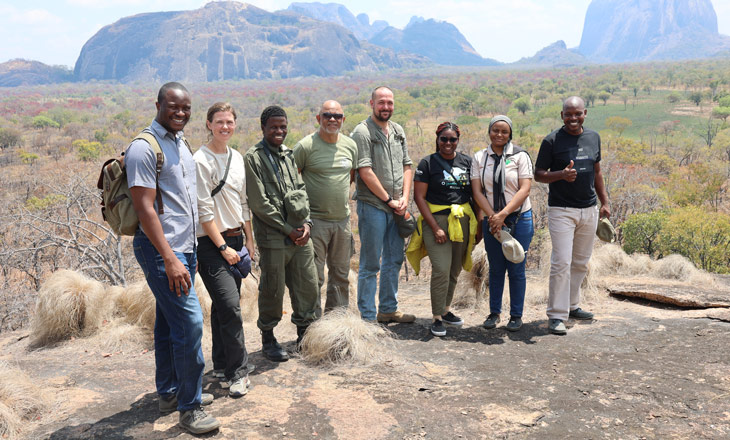In September, the Foundation for the Conservation of Biodiversity (BIOFUND) and the Swedish International Development Cooperation Agency (SIDA) conducted a monitoring visit to the Lugenda Wildlife Reserve (Luwire), located in block L7 of the Niassa Special Reserve, to assess the progress and impacts of the new funding from the Government of Sweden through the Biodiversity Conservation Programme. This support, valued at USD 300,000 and running until April 2027, aims to strengthen the management of protected areas, improve the quality of life of local communities, and enhance climate resilience in the country, in collaboration with the National Administration of Conservation Areas (ANAC).
Published at 10/10/2024
New Funding from the Government of Sweden Boosts Biodiversity Conservation in Mozambique
The Government of Sweden, in a renewed commitment to biodiversity preservation, is supporting concrete actions that consolidate the results achieved by other partners’ initiatives. The focus of this new funding lies in promoting sustainable management of natural resources and technological innovation in conservation.
During the visit, significant progress was observed, including the implementation of real-time monitoring technologies such as SMART (Spatial Monitoring and Reporting Tool) and EARTHRANGER. These tools facilitate data collection and operational management, enabling more effective protection of species and habitats through aerial wildlife counts and ground patrols.
The project goes beyond environmental conservation, also prioritising institutional and technical strengthening to ensure the long-term sustainability of conservation actions. Remarkable progress was noted in ecotourism and income-generating initiatives, with communities taking an active role in local biodiversity conservation.
The Government of Sweden’s funding cycle reinforces the legacy of actions previously developed by other projects, which introduced environmental management tools and promoted the creation of cooperation networks between the government, international partners, and local communities. The expansion of communication technologies, such as radios and monitoring systems, has strengthened patrol operations, which are essential for combating wildlife trafficking and deforestation.
Representatives of the Government of Sweden reaffirmed their commitment to biodiversity conservation in Niassa Province, emphasising the importance of strengthening the resilience of conservation areas in the face of climate change. With the support of the Government of Sweden and other partners, BIOFUND will continue to lead conservation and sustainable development efforts, promoting an integrated approach that directly involves local communities in the preservation of the country’s natural resources.
This new funding represents a decisive step in protecting biodiversity in Mozambique, paving the way for a future in which communities, protected areas, and the climate are interconnected within a network of resilience and prosperity.

